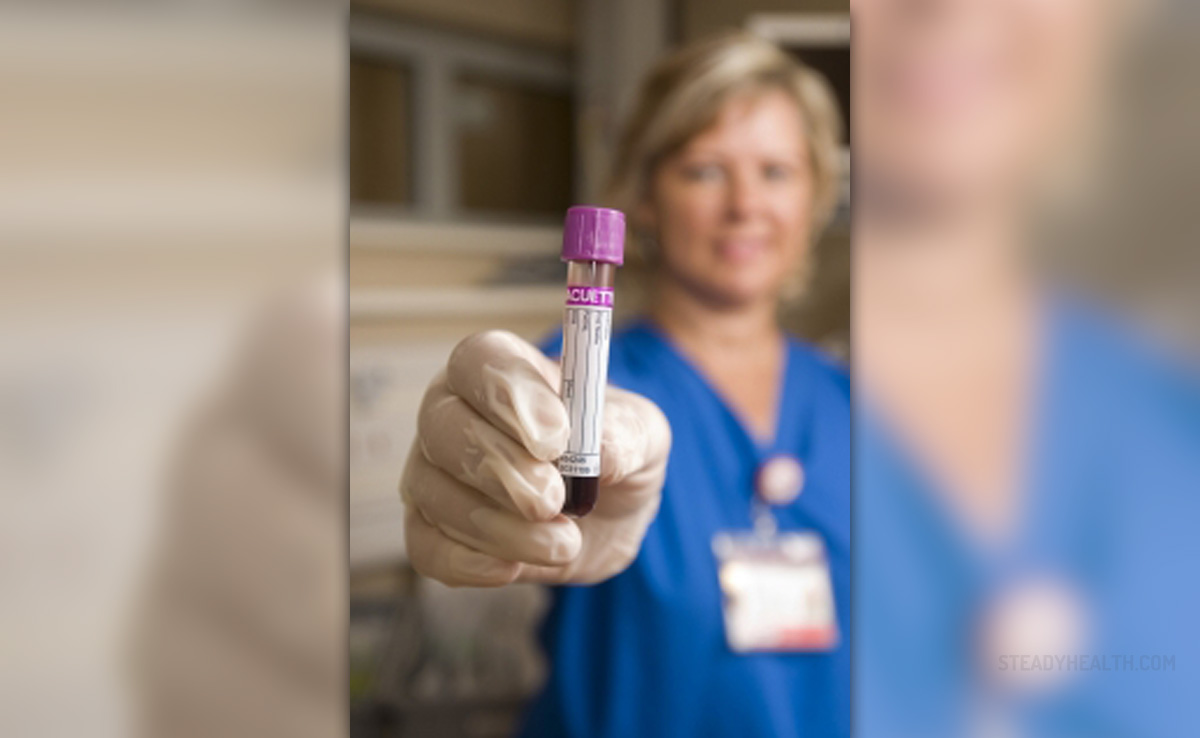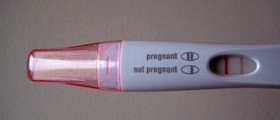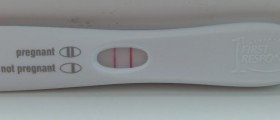
You are almost certain to have blood tests done during your first trimester. After confirming your pregnancy, it will in fact probably be the first thing on your prenatal care agenda. Taking a blood test may be a little annoying, especially if you dislike needles (and doesn't everyone?). But they are a very useful tool that does a lot to monitor your overall health. Blood tests look at your blood type before anything else. You might have your blood type tested even if you are already aware of it, but if you are not, then this step is especially important. The Rh factor is also tested this refers to your blood being positive or negative. If you have Rh negative blood but your baby's father is Rh positive, you will need additional monitoring, and perhaps care.
Blood tests also look for immunity to Rubella, which can be very dangerous to a fetus. Monitoring iron levels is important so that anemia can be caught early, and glucose levels, which can also be seen from a blood test, can help diagnose gestational diabetes. The number of red blood cells is tested. Finally, blood tests can find sexually transmitted diseases and a toxoplasmosis infection. These can all be dangerous for an unborn baby, but it is always better to find out earlier (preferably before you ever get pregnant, obviously, but by this stage it will be a bit late for that!).
















Your thoughts on this
Loading...